People who love to have acne may not necessarily have a disease, and acne may be related to factors such as genetics, hormone levels, and lifestyle habits. The main causes of acne include excessive sebum secretion, abnormal keratinization of hair follicles, bacterial infections, dietary stimulation, and mental stress. It is recommended to adjust the skincare method according to the specific situation and seek medical examination if necessary.
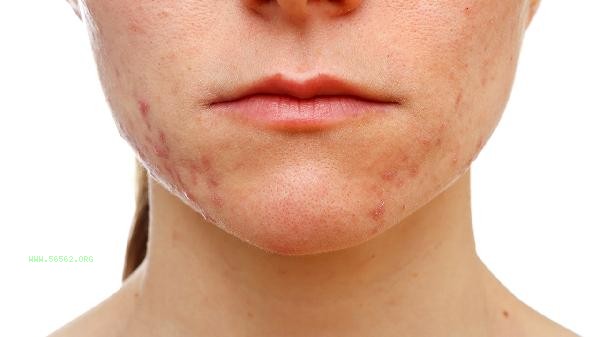
1. Excessive sebum secretion
During adolescence or in individuals with oily skin, sebaceous glands become active and excessive sebum can clog pores, leading to acne. In such situations, it is necessary to use mild oil controlling cleansing products and avoid using heavy skincare products. Deep cleansing care can be performed weekly, but do not excessively exfoliate and damage the skin barrier.
2. Abnormal keratinization of hair follicles
The metabolic disorder of keratinocytes at the hair follicle opening can lead to pore blockage and the formation of closed comedones. Skincare products containing salicylic acid and fruit acid can be used appropriately to help with keratin metabolism. Note that these products may cause irritation and tolerance should be established from low concentrations.
3. Bacterial infection
The proliferation of Propionibacterium acnes can trigger an inflammatory response, leading to redness and swelling of acne. When suppurative acne occurs, you can seek medical advice to issue antibiotic ointment, such as fusidic acid cream, clindamycin phosphate gel, etc. Do not squeeze pimples on your own to avoid leaving scars.
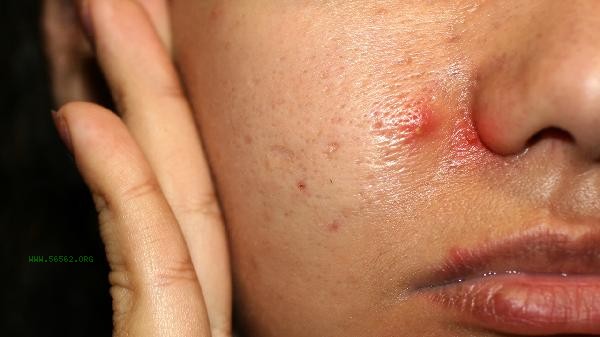
4. Dietary stimulation
A high sugar and high-fat diet can stimulate sebum secretion, and hormone components in dairy products may also worsen acne. It is recommended to reduce the intake of milk tea and fried foods, and increase foods rich in vitamin A and zinc such as carrots and oysters. Maintaining a light diet can help improve the condition of the skin.
5. Mental stress
Long term stress can lead to an increase in testosterone levels in the body, stimulating sebaceous gland secretion. Ensure sufficient sleep and relieve stress through exercise, meditation, and other methods. Pressure type acne is usually accompanied by menstrual cycle fluctuations, and women can pay attention to their endocrine status.
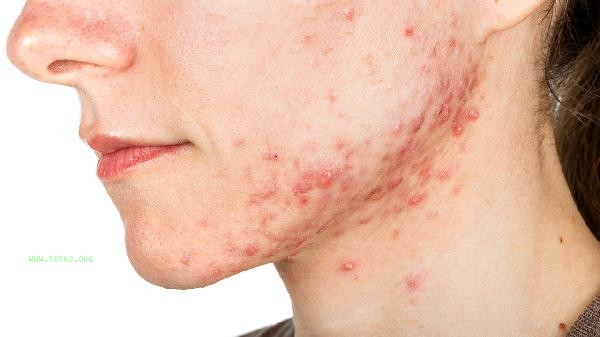
Acne skin care needs to be carried out for a long time. It is recommended to choose skin care products with oil-free formula and avoid the use of irritating ingredients containing alcohol and essence. Daily sun protection is essential, as ultraviolet radiation can exacerbate inflammation and pigmentation. If acne recurs or is accompanied by cystic nodules, there may be endocrine diseases such as polycystic ovary syndrome, and it is necessary to seek timely medical attention from a dermatologist or endocrinologist. Maintaining a regular schedule, balanced diet, and a positive mindset can effectively control most acne problems.

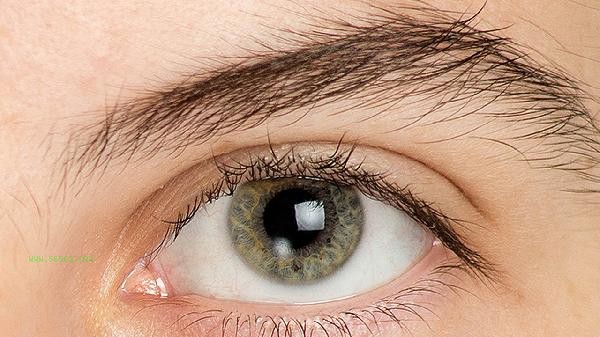
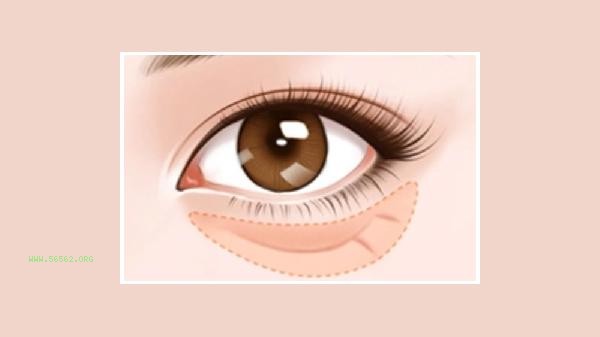
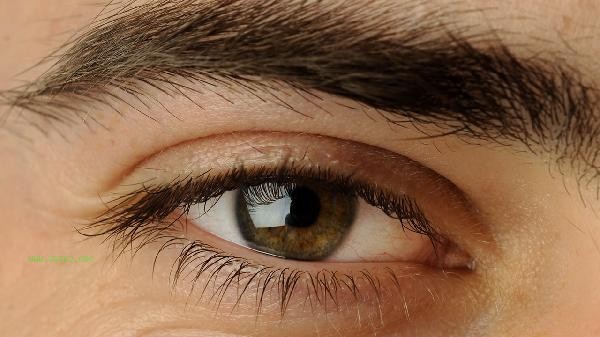
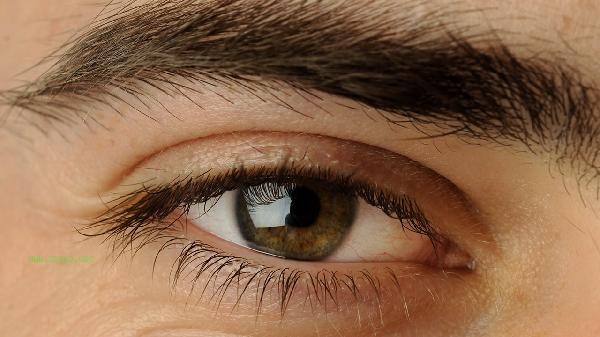
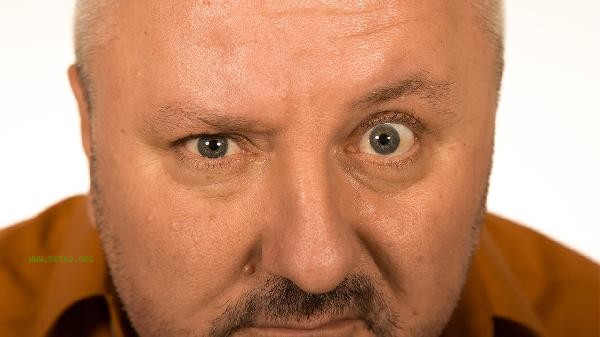



Comments (0)
Leave a Comment
No comments yet
Be the first to share your thoughts!